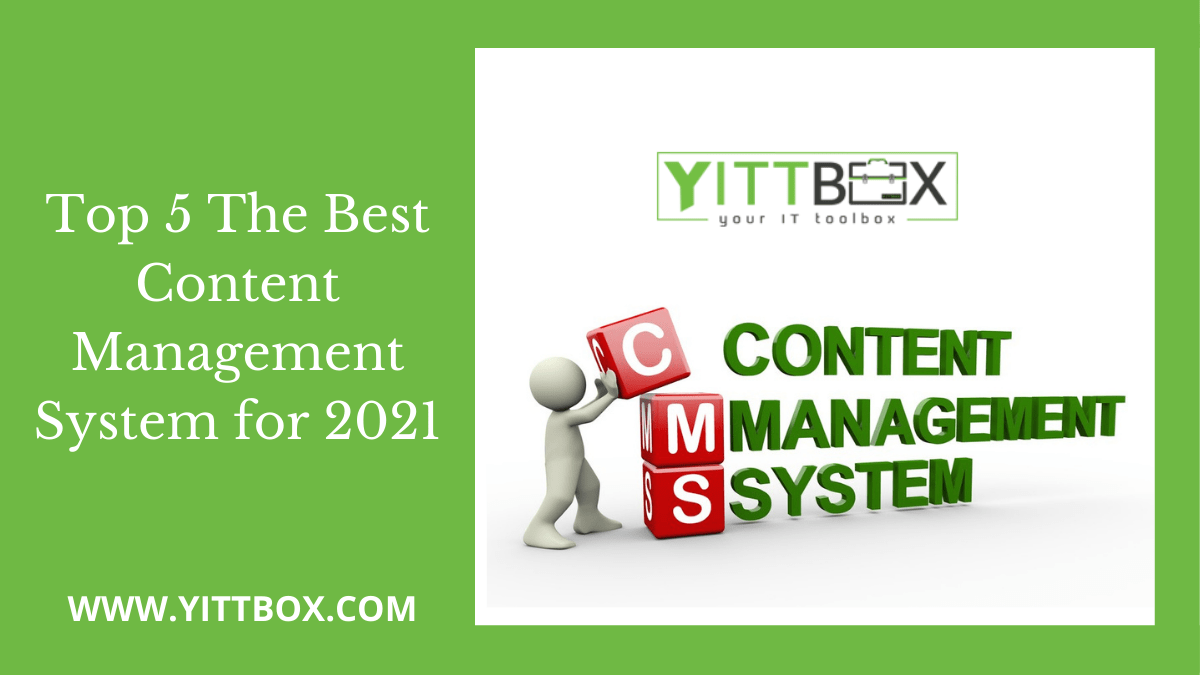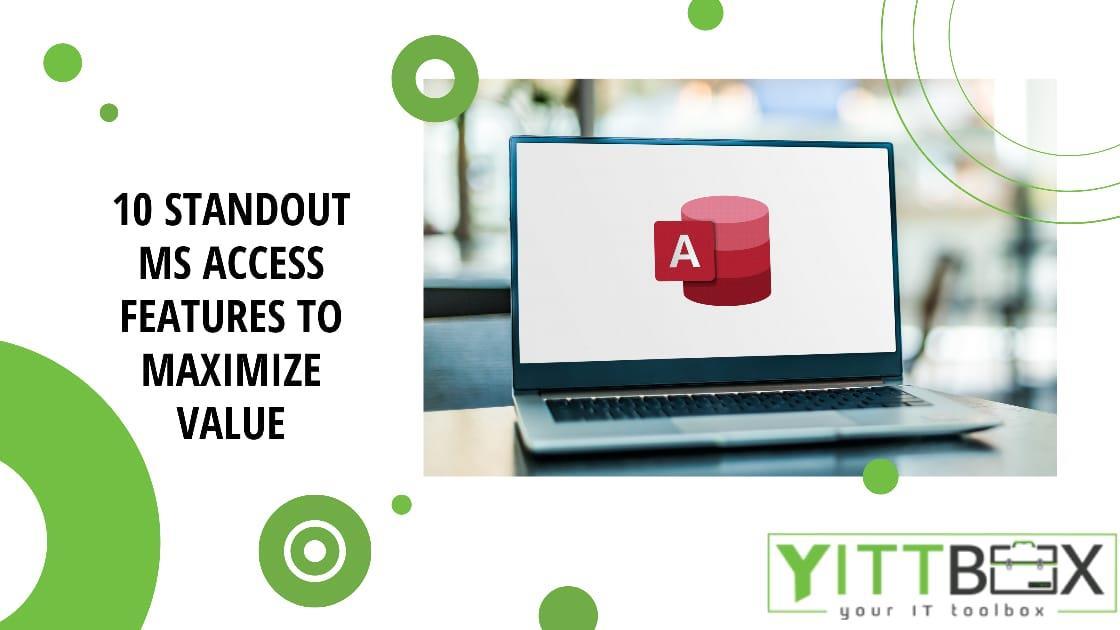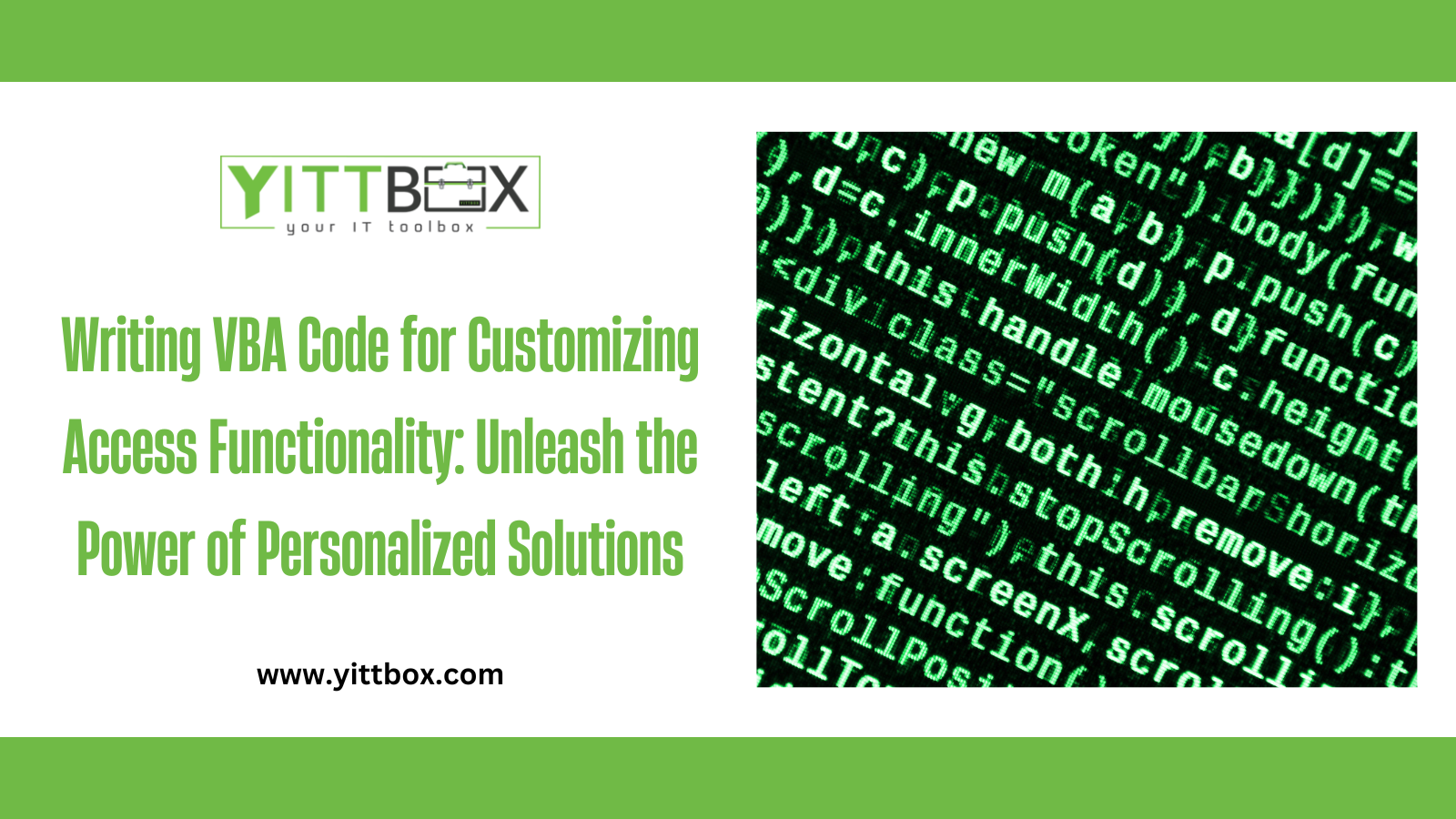Top 5 the Best Content Management Systems for 2021
If you want to know about Top 5 the Best Content Management Systems for 2021, then you are in right place. The correct content management system is a vital piece of the puzzle for any business.
Content Management Systems: What it is meant?
A content management system (CMS) is a piece of software that manages the underlying architecture of building web pages. Users can concentrate on the front-end aspects of website development, such as changing the design and managing content, with the help of a CMS.
Content management systems come in a variety of shapes and sizes. The following are three of the most popular:
Open-source CMS — instead of being owned by a single corporation, a community of developers maintains the software. Third-party developers have access to the source code and can expand and improve the software's features.
Cloud CMS — a pre-built system that may be accessed without the need for any hardware or software to be downloaded. Users can securely manage web material in the cloud and have it accessible from a variety of devices.
Proprietary CMS - has a license charge attached to it because it is the legal property of the firm, organization, or person who built it. A one-time payment, a monthly fee, or an annual fee may be required.
If you want to know in detail that How to Choose the Best CMS for your Business, then read this article:
https://www.yittbox.com/blog-detail/how-to-choose-the-best-cms-for-your-business
The 5 Best Content Management Systems:
Here are the features of the five greatest and most popular CMS options:
1. WordPress
WordPress is a free open source platform for building a great website, blog, or application.
It is the most popular CMS platform, accounting for over 52% of all websites, and is an open-source content management system that is noted for its scalability and versatility. Furthermore, its library of over 58,000 WordPress plugins enables users to build any form of a website.
Characteristics:
Administrators, editors, authors, contributors, and subscribers are all assigned responsibilities and access by user management. When inserting photos into media management, provide alt text and captions to boost SEO. Visitors can leave comments on pages and posts using built-in comments.
Pros:
• Individual demands and budgets are taken into account while determining the price.
• Customize using a large selection of themes and plugins.
Cons:
• Not all WordPress plugins and themes are high-quality or reliable.
• Personal customer service is not available; instead, forums, tutorials, and documentation are used.
Ideal for:
WordPress may be used by people of various skill levels, from those who want to establish a simple blog to those who want to build a complex website. Sony Music, for example, uses WordPress to showcase photographs and videos of its featured performers.
2. Joomla
Joomla is an open-source content management system that runs over 2% of all websites. In comparison to other CMS platforms, Joomla's core software provides greater capability right away, such as multilingual capabilities. However, non-technical users may find the first setup difficult.
Characteristics:
Tool for managing banners. To monetize the website, create advertising campaigns.
The setting is multilingual. Websites built on the platform's core technologies are available in more than 70 languages. Search. Using a built-in search tool or a smart search feature assists users in finding the information they need on a website.
Pros:
• Effortlessly manage a site with hundreds of subpages.
• To prevent break-ins, use two-factor authentication.
Cons:
• The control panel's web development lingo is not for the faint of heart.
• Compatibility issues with various modules, extensions, and plugins.
Ideal for:
Joomla is ideal for multi-person-managed professional websites. Take, for example, the official website of world tennis player Roger Federer. This site includes not just his portfolio but also a news platform and a store.
3. Drupal
Its flexible API architecture, designed for experienced web developers, enables a variety of digital platforms. Drupal optimizes its built-in features for improved performance and security when compared to Joomla and WordPress. It's also worth noting that Drupal websites receive more traffic than websites built with alternative CMS platforms.
Characteristics:
Multilingual. An automated language translation supports over 100 languages. Using data from geolocation, browsing history, device type, and behavior taxonomies creates a tailored consumer experience. Marketing automation is a term that refers to the process of To expand your reach, creating automated marketing programs.
Pros:
• Because the CMS software performs frequent security tests, it is less exposed to security risks.
• Built-in modules aid in the expansion of a site's capabilities.
Cons:
• PHP, CSS, and HTML coding skills are required.
• It can take a long time to manage the platform, such as upgrading to a new version.
Ideal for:
It is a good CMS platform for sophisticated users with strong technical skills who want to build large-scale, complex websites. The official website of the City of Los Angeles, for example, uses Drupal to provide news and information about the city.
4. Magento
Magento is one of the most popular eCommerce platforms. To improve all types of eCommerce sites, the CMS software focuses on security, SEO, and personalization. The platform is powerful enough to handle a large number of products and orders because it caters to larger online retailers.
Characteristics:
Checkout. World pay and Cyber source provide a secure payment channel. Contains user-friendly features. The admin dashboard on the backend is touch-sensitive, making it easy to make changes. Management of the catalog. Showcase products virtually with inventory management, which includes dynamic pricing and rapid product generation.
Pros:
• Manage several stores in different locales, each with its own language and currency.
• The content management system is mobile-friendly.
Cons:
• Initial setup is difficult.
• It takes time to customize the design and list the products.
Ideal for:
Magento is ideal for medium-to-large-scale online stores. Olympus, which sells cameras, audio equipment, and binoculars, is an example of a significant eCommerce store that uses Magento.
5. Prestashop
Another popular CMS platform for small to medium-sized eCommerce shops is PrestaShop. It's a highly adaptable online store management platform thanks to its active community and extensive feature set. Its user-friendly interface also makes entering and monitoring products a breeze.
Characteristics:
SEO: To optimize content, manage meta titles, descriptions, and URLs. Payment alternatives are available: PayPal, Stripe, WorldPay, and offline processing are among the many payment options available. Management of several stores: Manage a number of stores with similar components and functionality.
Pros:
Users of all skill levels may construct a professional online store using user-friendly eCommerce tools. Customization options include a large number of themes and modules.
Cons:
• Inability to expand into a larger eCommerce store due to a lack of scalability.
• Extensions and plugins are required, which can be pricey.
Ideal for:
PrestaShop is a fantastic eCommerce platform for small and medium-sized businesses. Harry Fay, a specialized jewelry retailer in the United Kingdom, for example, sells a variety of rings and wedding bands online.
Conclusion:
Because CMS software is one of the most critical programs for properly running a website, you must be cautious when selecting a vendor. To pick which program to use, it is preferable to look for internet evaluations from various user forums and close friends. Finally, it is a good idea to request a 7-day free trial to make an informed decision.







